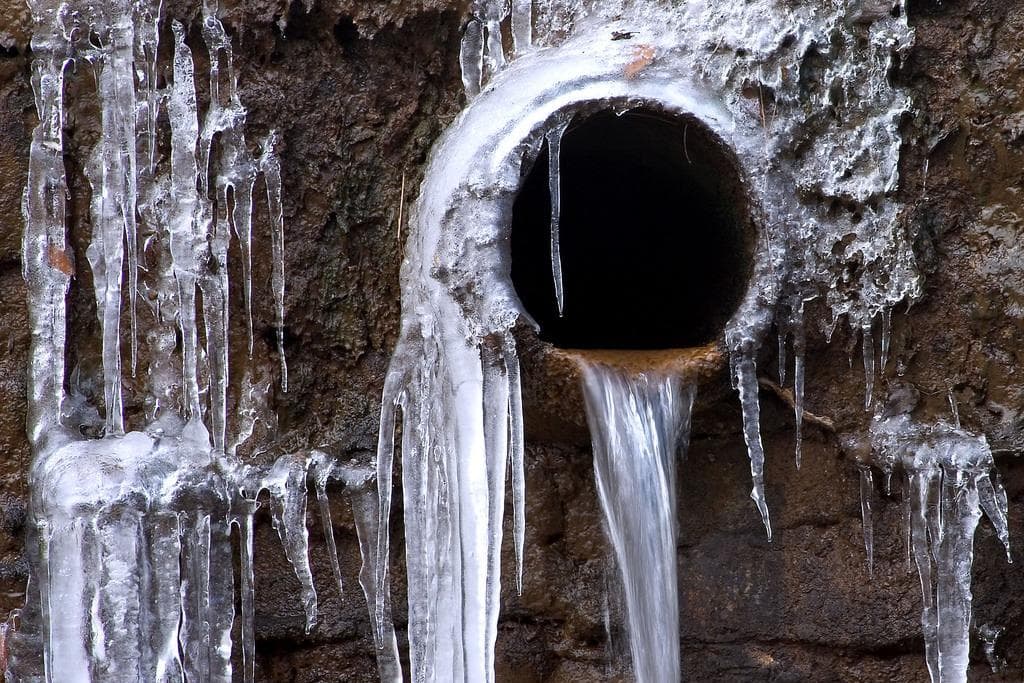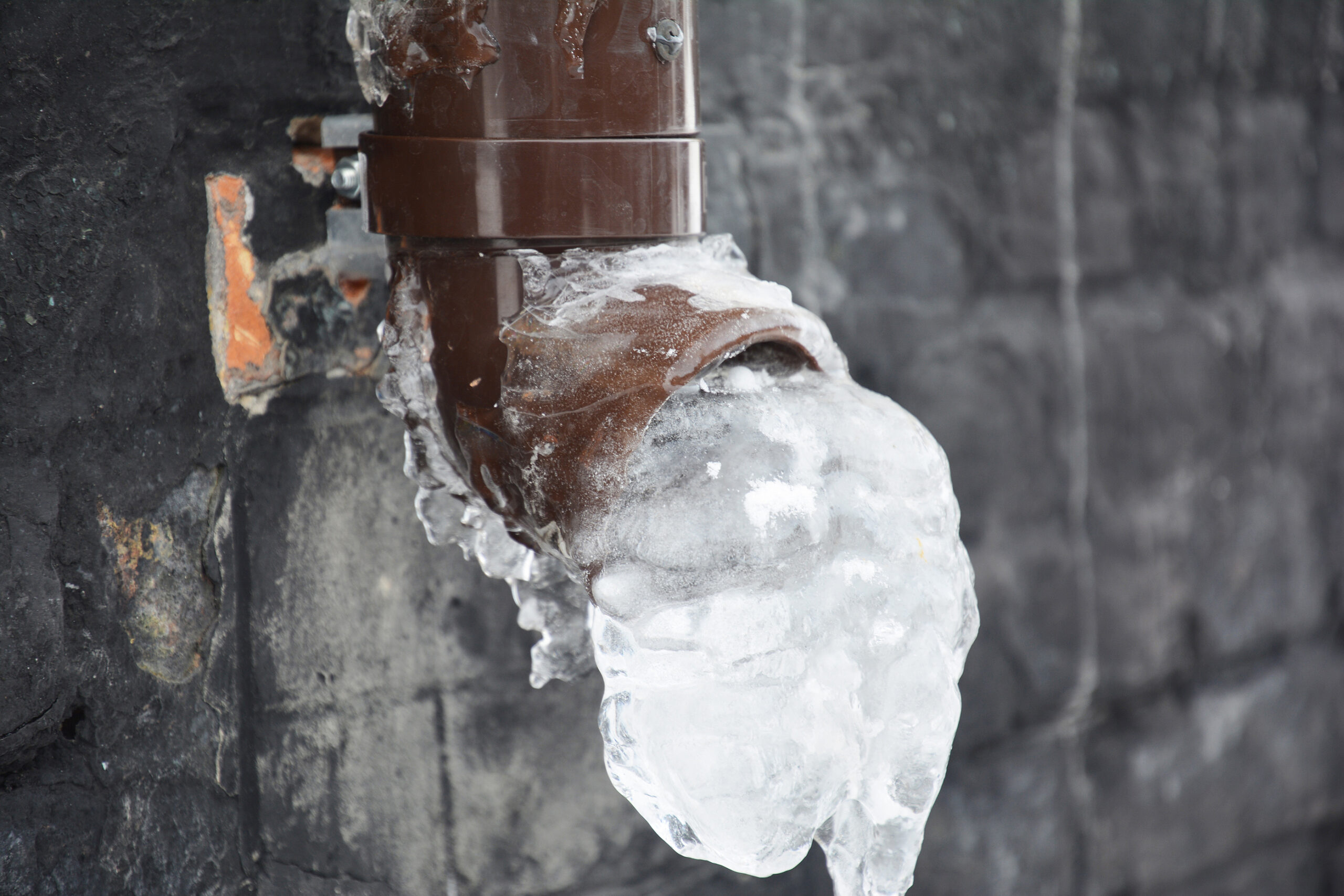Ways to Maintain Your Pipes from Freezing Issues: Crucial Advice
Ways to Maintain Your Pipes from Freezing Issues: Crucial Advice
Blog Article
Each person maintains their personal piece of advice on the subject of Prevent Frozen Pipes .

Winter can damage your pipes, especially by freezing pipelines. Right here's just how to avoid it from taking place and what to do if it does.
Introduction
As temperature levels drop, the danger of frozen pipelines rises, possibly causing expensive fixings and water damages. Recognizing how to stop icy pipelines is crucial for homeowners in cool environments.
Avoidance Tips
Shielding prone pipelines
Wrap pipelines in insulation sleeves or utilize heat tape to protect them from freezing temperature levels. Focus on pipelines in unheated or outside areas of the home.
Home heating methods
Keep interior areas adequately heated up, particularly areas with plumbing. Open cupboard doors to enable cozy air to flow around pipelines under sinks.
How to identify frozen pipes
Look for decreased water flow from faucets, unusual smells or sounds from pipelines, and noticeable frost on revealed pipelines.
Long-Term Solutions
Architectural modifications
Think about rerouting pipes away from outside wall surfaces or unheated areas. Add added insulation to attic rooms, basements, and crawl spaces.
Upgrading insulation
Invest in high-quality insulation for pipes, attic rooms, and wall surfaces. Proper insulation assists keep consistent temperature levels and reduces the danger of icy pipes.
Securing Exterior Plumbing
Yard hoses and outside taps
Disconnect and drain yard tubes prior to winter. Set up frost-proof faucets or cover outdoor taps with shielded caps.
Comprehending Icy Pipes
What creates pipes to freeze?
Pipes freeze when exposed to temperatures below 32 ° F (0 ° C) for prolonged durations. As water inside the pipes ices up, it expands, putting pressure on the pipe wall surfaces and possibly triggering them to burst.
Dangers and problems
Icy pipes can cause water supply interruptions, residential or commercial property damage, and costly fixings. Ruptured pipes can flood homes and cause comprehensive structural damage.
Indications of Frozen Water Lines
Determining frozen pipes early can prevent them from bursting.
What to Do If Your Pipes Freeze
Immediate activities to take
If you believe icy pipelines, keep faucets open to relieve stress as the ice thaws. Utilize a hairdryer or towels soaked in warm water to thaw pipes slowly.
Verdict
Stopping frozen pipelines needs proactive actions and fast responses. By recognizing the reasons, indicators, and preventive measures, homeowners can shield their plumbing throughout winter.
Helpful Tips to Prevent Frozen Pipes this Winter
UNDERSTANDING THE BASICS: WHY PIPES FREEZE AND WHY IT’S A PROBLEM
Water freezing inside pipes is common during the winter months, but understanding why pipes freeze, and the potential problems it can cause is crucial in preventing such incidents. This section will delve into the basics of why pipes freeze and the associated problems that may arise.
THE SCIENCE BEHIND FROZEN PIPES
When water reaches freezing temperatures, it undergoes a physical transformation and solidifies into ice. This expansion of water as it freezes is the primary reason pipes can burst. As the water inside the pipe freezes, it expands, creating immense pressure on the walls. If the pressure becomes too great, the pipe can crack or rupture, leading to leaks and water damage.
FACTORS THAT CONTRIBUTE TO PIPE FREEZING
Low Temperatures: Extremely cold weather, especially below freezing, increases the risk of pipes freezing. Uninsulated or Poorly Insulated Pipes: Pipes located in unheated areas, such as basements, crawl spaces, or attics, are more prone to freezing. Insufficient insulation or lack of insulation altogether exacerbates the problem. Exterior Wall Exposure: Pipes running along exterior walls are susceptible to freezing as they encounter colder temperatures outside. Lack of Heating or Temperature Regulation: Inadequate heating or inconsistent temperature control in your home can contribute to frozen pipes. PROBLEMS CAUSED BY FROZEN PIPES
- Pipe Bursting: As mentioned earlier, the expansion of water as it freezes can cause pipes to burst, resulting in significant water damage.
- Water Damage: When pipes burst, it can lead to flooding and water damage to your property, including walls, ceilings, flooring, and personal belongings.
- Structural Damage: Prolonged exposure to water from burst pipes can compromise the structural integrity of your home, leading to costly repairs.
- Mold and Mildew Growth: Excess moisture from water damage can create a favorable environment for mold and mildew growth, posing health risks to occupants.
- Disrupted Water Supply: Frozen pipes can also result in a complete or partial loss of water supply until the issue is resolved.
WHY CERTAIN PIPES ARE MORE PRONE TO FREEZING
- Location: Pipes located in unheated or poorly insulated areas, such as basements, crawl spaces, attics, or exterior walls, are at higher risk of freezing.
- Exterior Pipes: Outdoor pipes, such as those used for irrigation or exposed plumbing, are particularly vulnerable to freezing as they are directly exposed to the elements.
- Supply Lines: Pipes that carry water from the main water supply into your home, including the main water line, are critical to protect as freezing in these lines can affect your entire plumbing system.
- Underground Pipes: Pipes buried underground, such as those connected to sprinkler systems or outdoor faucets, can be susceptible to freezing if not properly insulated.
https://busybusy.com/blog/helpful-tips-to-prevent-frozen-pipes-this-winter/

I hope you enjoyed reading our section on How To Avoid Freezing Pipes. Thanks for spending some time to read our posting. Don't hesitate to pause to share this entry if you enjoyed reading it. Thanks for being here. Revisit us soon.
Call Today Report this page